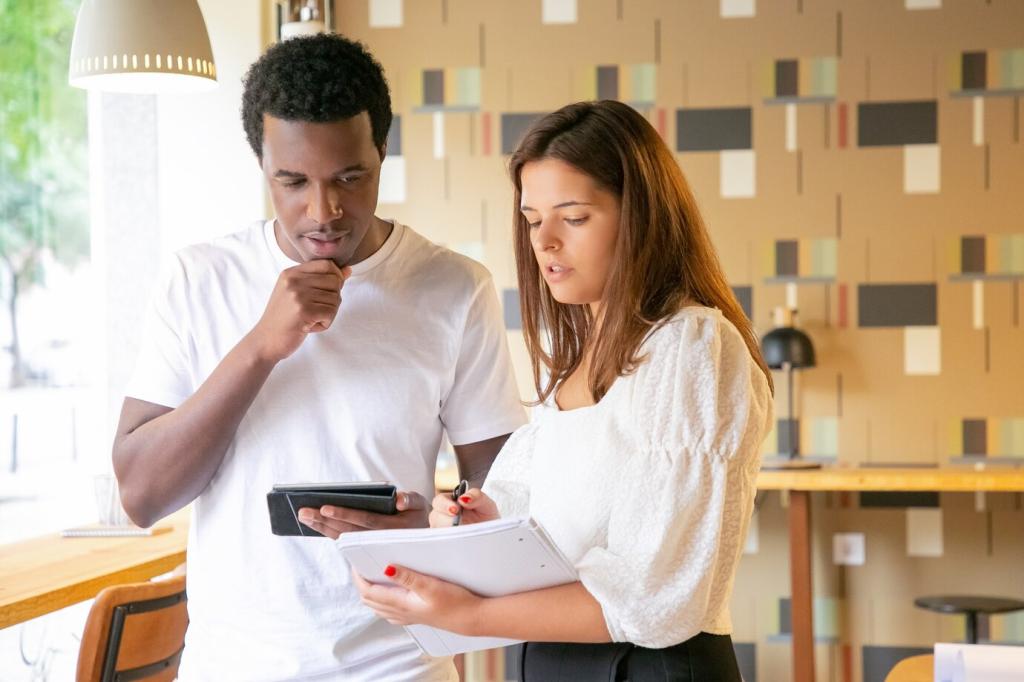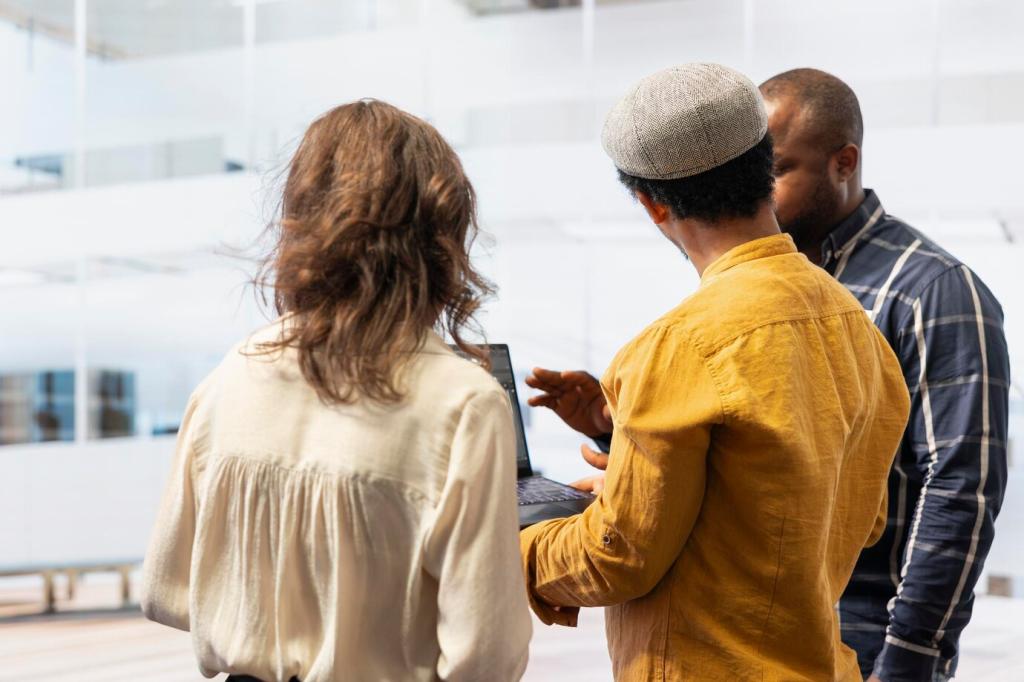Preparing for a Cultural Exchange as a Tour Guide
Chosen theme: Preparing for a Cultural Exchange as a Tour Guide. Step confidently into your role as a cultural bridge with practical preparation, real-world stories, and community-centered guidance. If this resonates, subscribe and share your own exchange goals so we can learn and prepare together.
Why Cultural Exchange Matters for Tour Guides
From Host to Bridge
As a tour guide in cultural exchange, you are more than a host; you are a bridge. Your job is to connect interpretations, temper assumptions, invite questions, and help everyone hold complexity without rushing to easy conclusions.


Mutual Learning, Not Performance
Exchange fails when it becomes a show. Frame activities so both visitors and locals teach, listen, and adapt. Ask participants what they hope to learn and what they can contribute, then design moments where those hopes genuinely meet.
Language and Communication Readiness
Prepare a compact phrase bank: greetings, gratitude, softeners, and clarifiers. Learn how to invite stories politely and how to ask permission to translate. Record audio practice, then rehearse with a native speaker for rhythm and warmth.

Researching the Host Culture Deeply
Create a one-page brief with essential dates, key figures, language notes, regional diversity, and community priorities. Update it after every conversation. Share a version with participants so your exchange begins with transparency and curiosity.
Map mealtimes, greetings, clothing norms, and gift customs. Note topics best approached carefully. Learn when markets open, when streets rest, and how festivals change schedules. Preparation here prevents awkwardness and honors the host’s cadence.
When stories conflict, present them respectfully as layered perspectives. Name sources, avoid definitive claims, and invite local experts to speak for themselves. Encourage participants to reflect on biases and keep questions open-ended and humble.

Logistics That Protect the Exchange
Confirm visa requirements, guiding permits, liability coverage, and any letters of invitation. Carry printed and digital copies. If interpretation is formal, secure agreements in advance. Introduce your credentials to partners to build immediate trust.
Logistics That Protect the Exchange
Check vaccinations, pack a compact first-aid kit, and note allergies and dietary needs. Share heat, altitude, or water safety tips early. Identify nearby clinics and a bilingual contact, then rehearse your health briefing until it sounds calm and clear.
Co‑Creating Activities with the Community
Invite local guides, artisans, or historians to co-design the schedule. Ask what they want visitors to learn and what timing works for them. Budget time for conversation, not just movement, so genuine relationships have space to grow.
Co‑Creating Activities with the Community
Plan sessions where guests learn a skill while sharing one. For example, weaving techniques paired with storytelling or mapping hometown traditions. Build in reflection circles so knowledge travels both ways and credit is explicitly acknowledged.


Reduce Impact, Increase Insight
Choose low-impact transport, refillable bottles, and small groups. Replace rushed checklists with slower, deeper stops. Explain your choices to participants so sustainability becomes part of the learning, not an invisible backstage decision.
Fair Pay and Local Partnerships
Agree on rates transparently, pay promptly, and book local services whenever possible. Introduce partners by name and story. Tell your group why this matters, then invite them to support community projects directly if they wish.
Accessibility and Representation
Audit routes for mobility, sensory, and language access. Provide clear alternatives and pacing choices. Feature diverse local voices, including youth and elders. Ask readers to comment with accessibility tips you have missed, then implement them.
Reflect, Share, and Keep Learning
Hold a closing circle with hosts and visitors, naming surprises, mistakes, and joys. Capture feedback anonymously as well. Share a summary with partners, highlighting changes you will make because of their insight and generosity.
Reflect, Share, and Keep Learning
Write field notes within twenty-four hours while details are fresh. Store quotes with consent notes attached. When publishing, center the community’s voice and invite them to review sensitive passages before anything goes live.
Reflect, Share, and Keep Learning
What do you do to prepare for cultural exchange as a tour guide? Drop a comment with your best tip, subscribe for field-tested checklists, and tell us which destination you want practical prep guidance for next.
